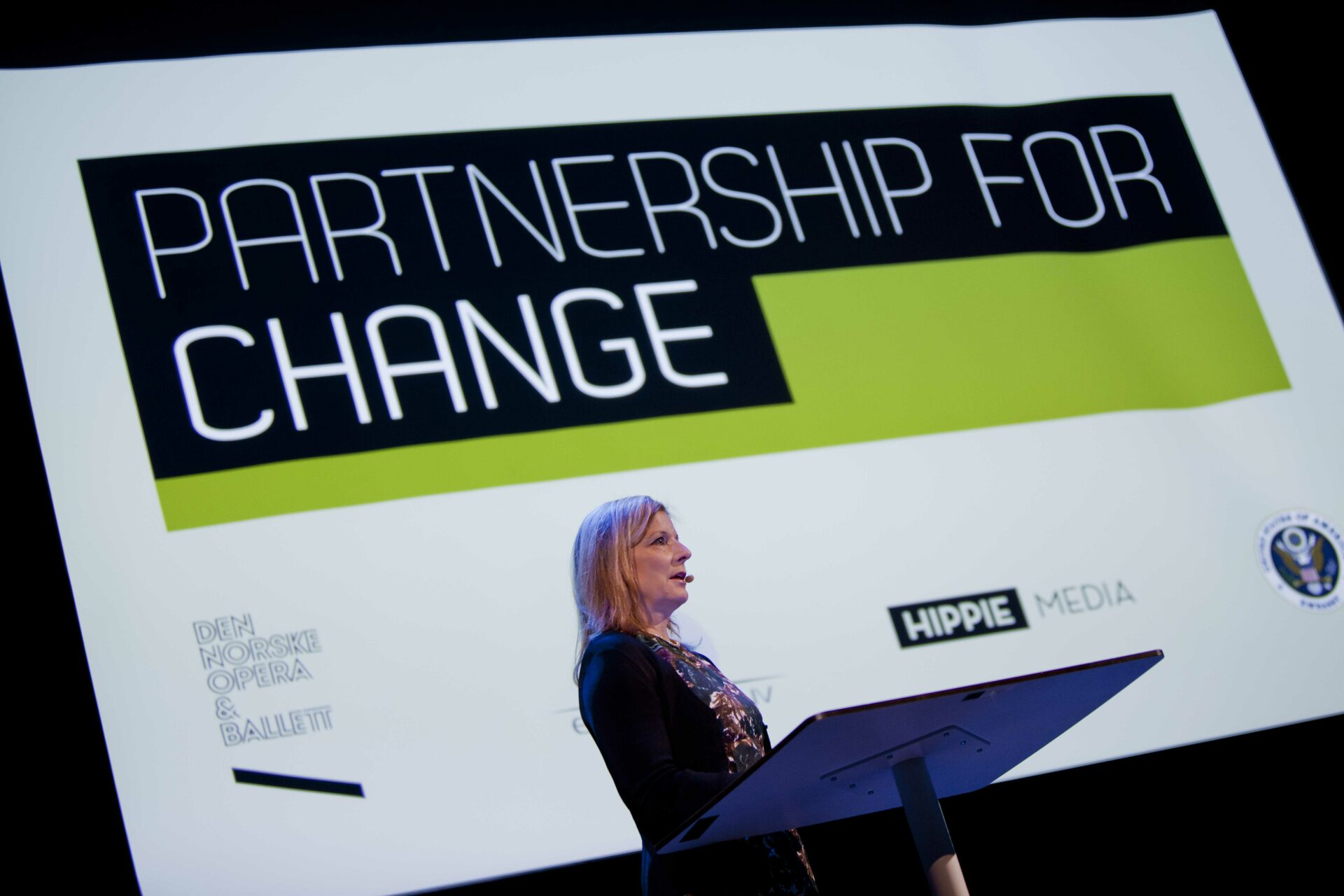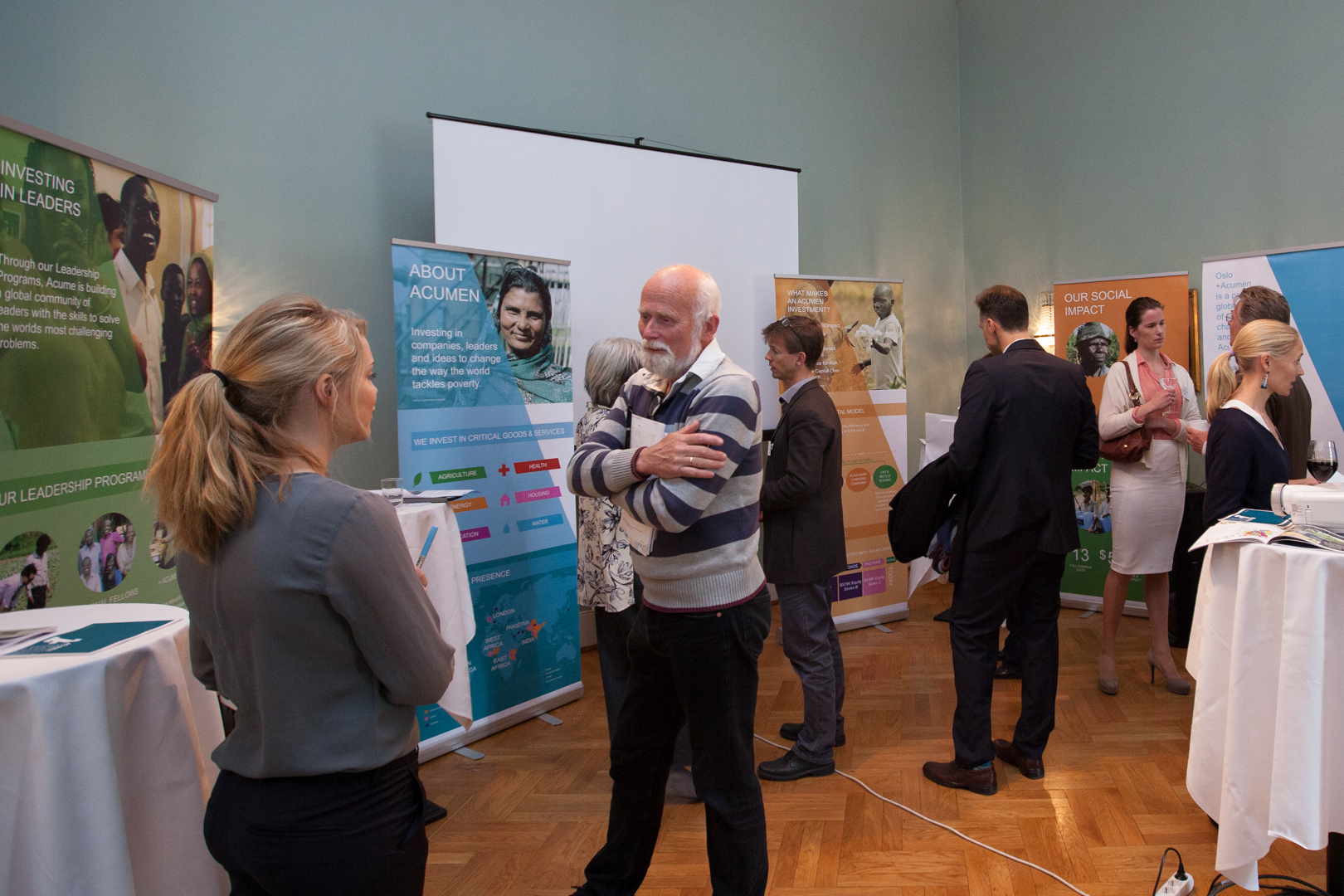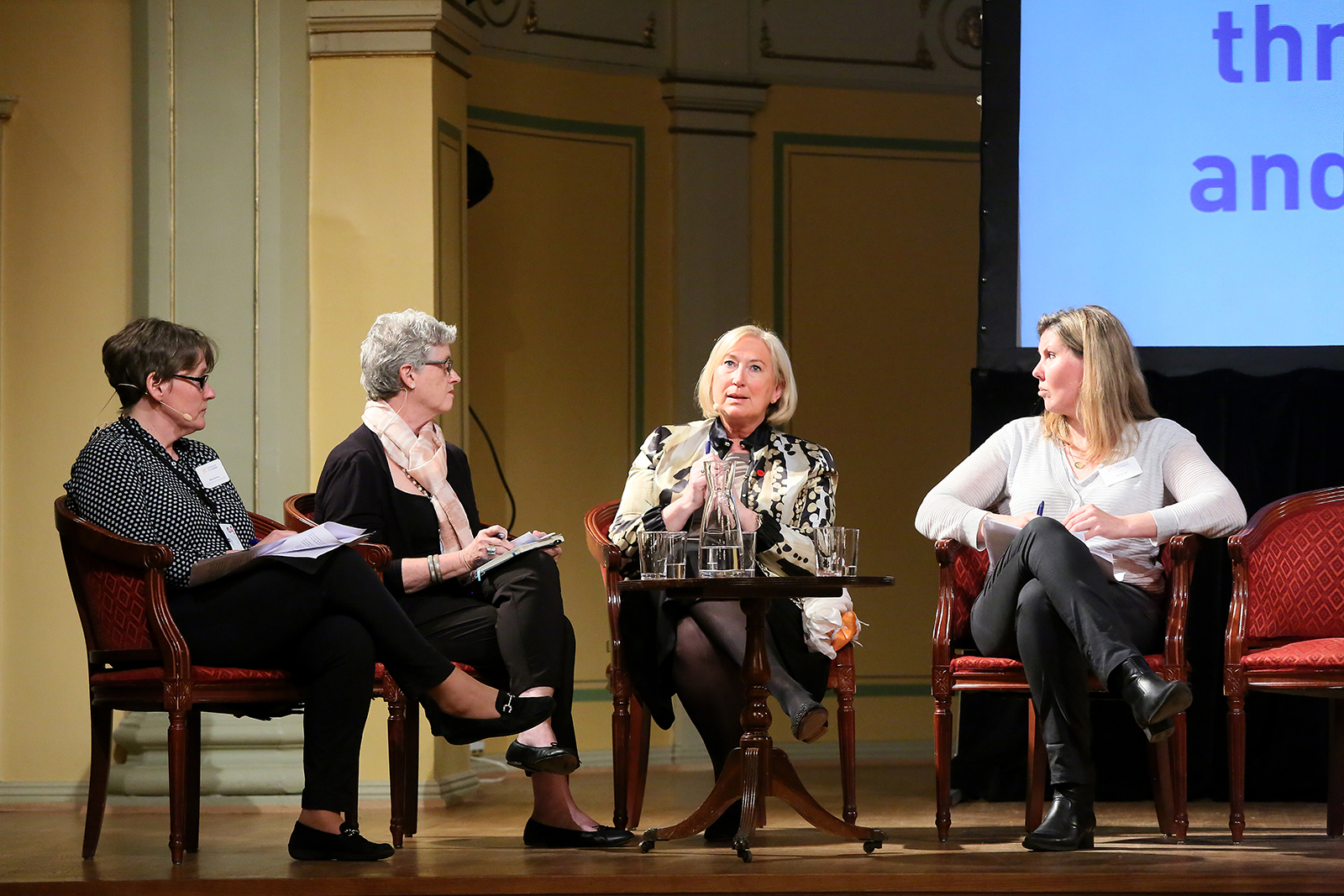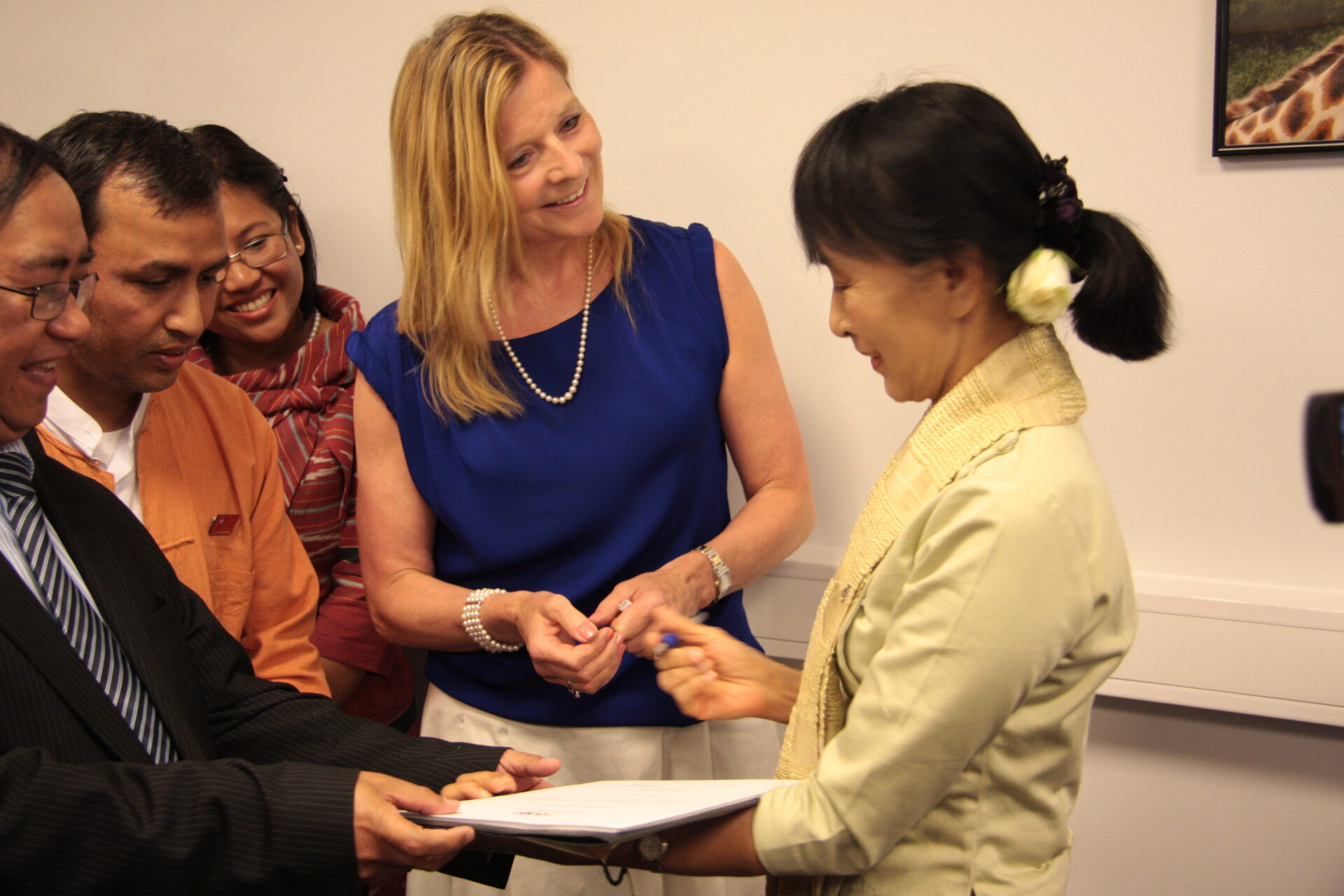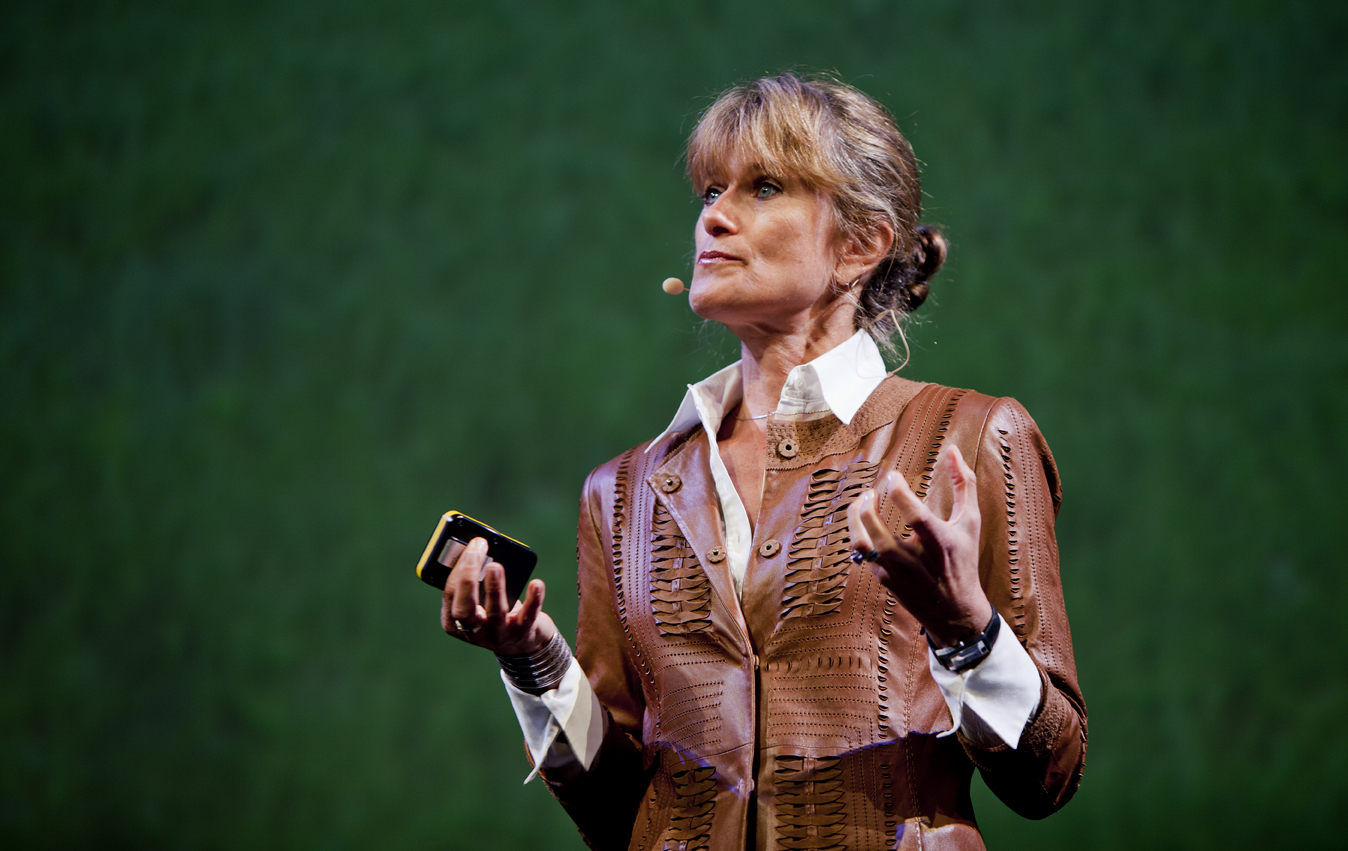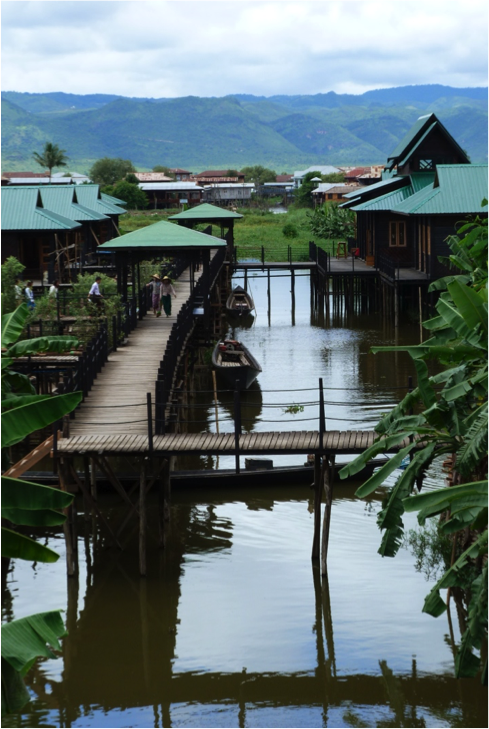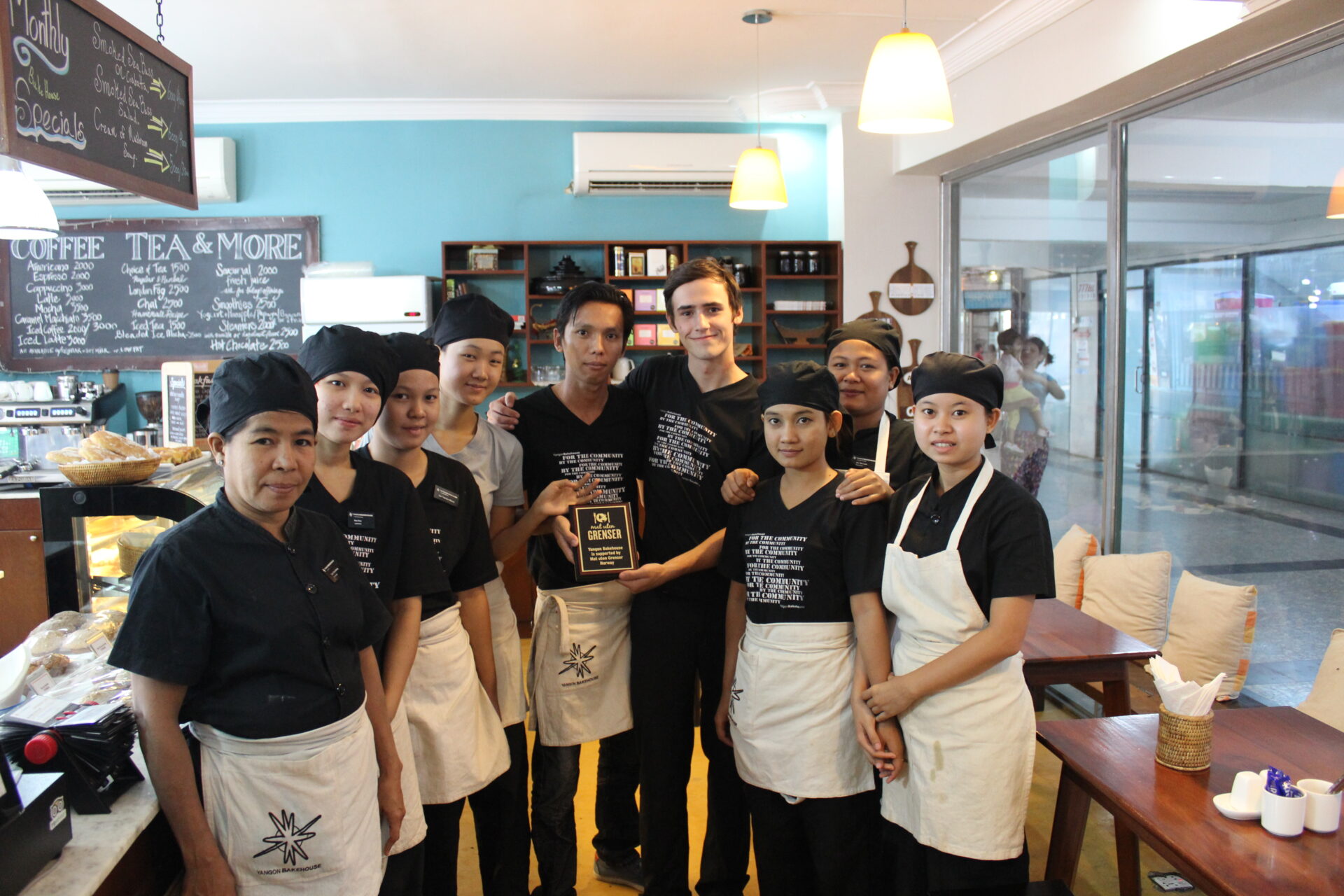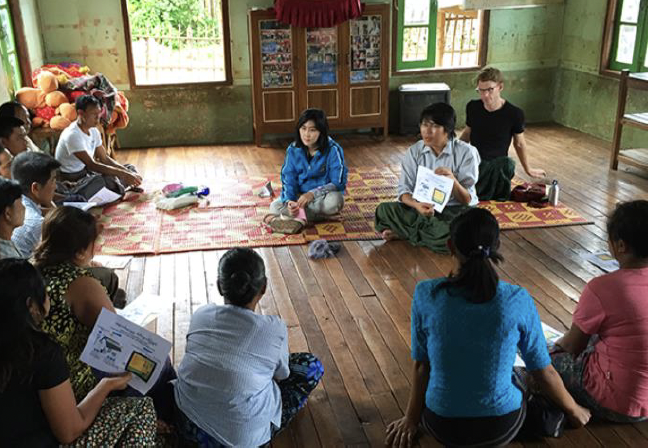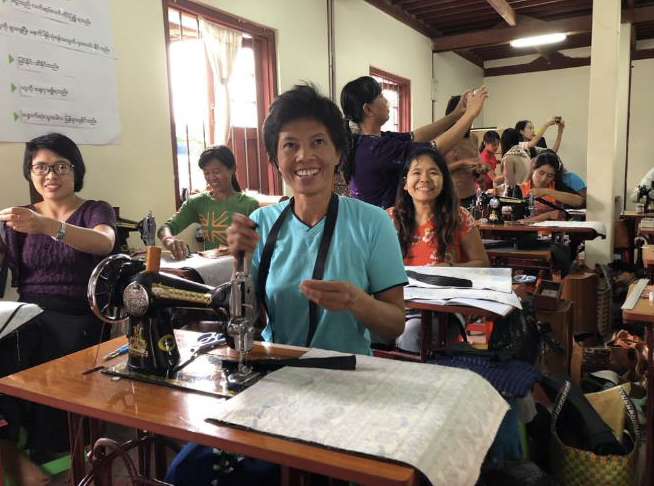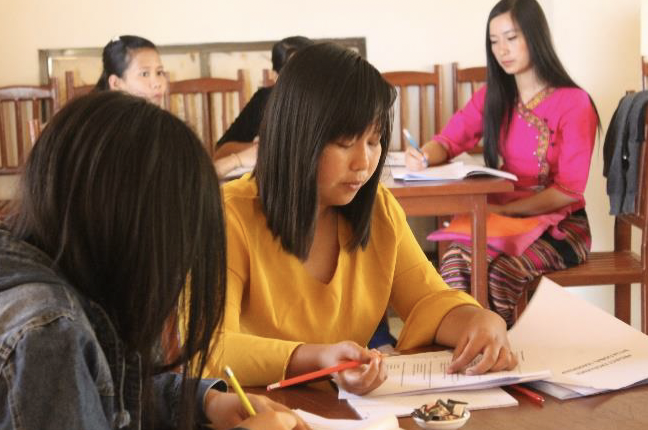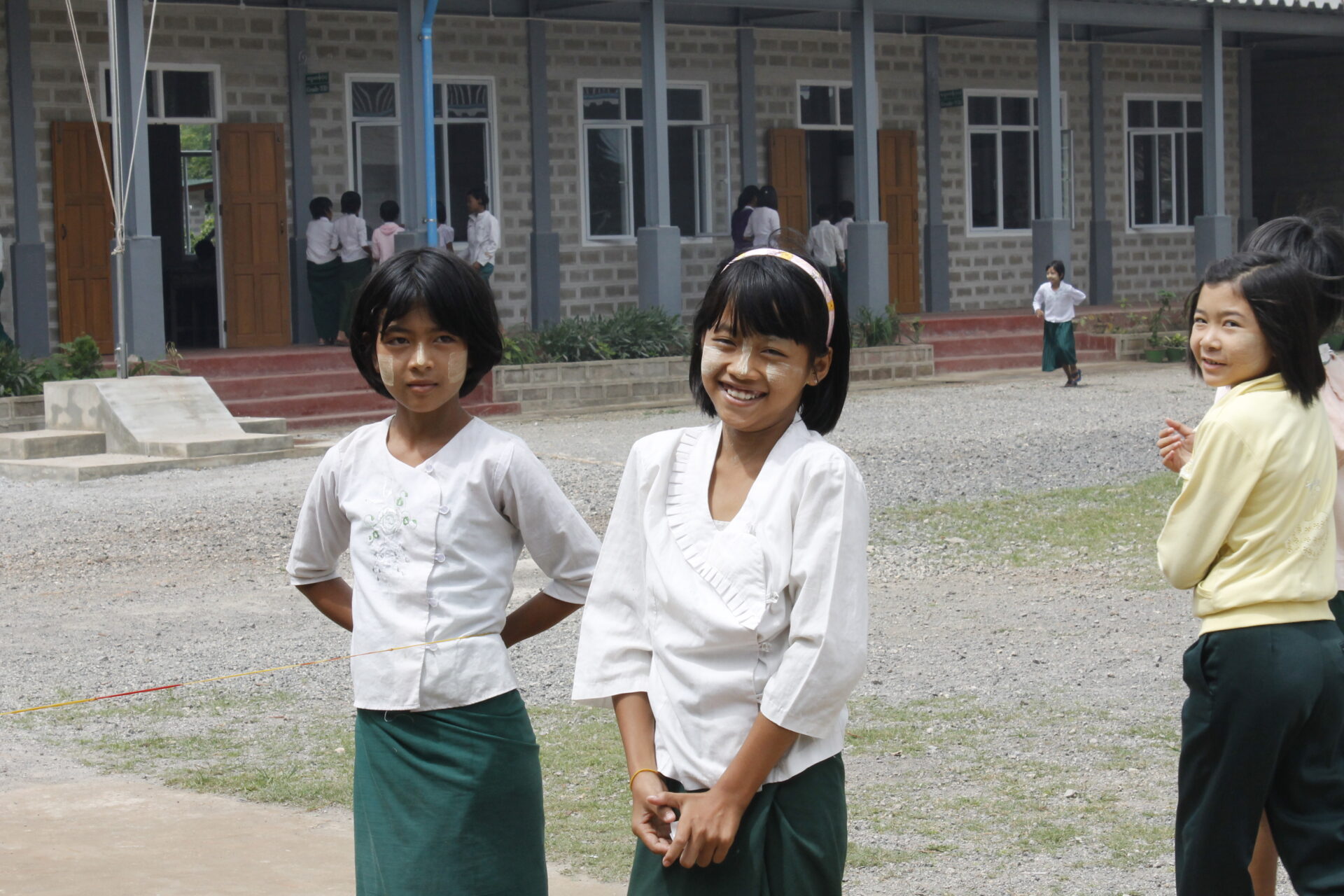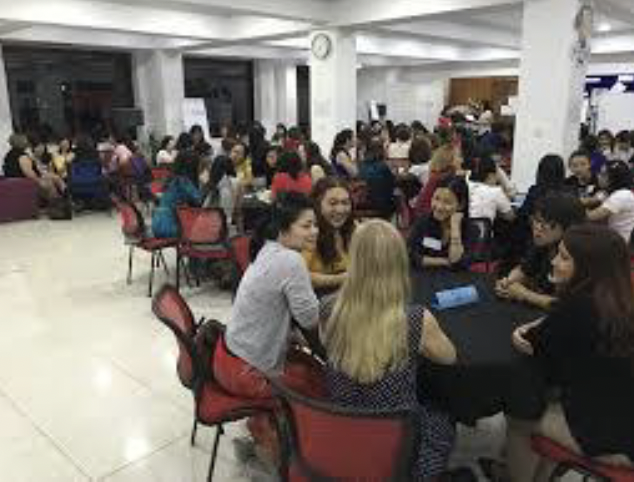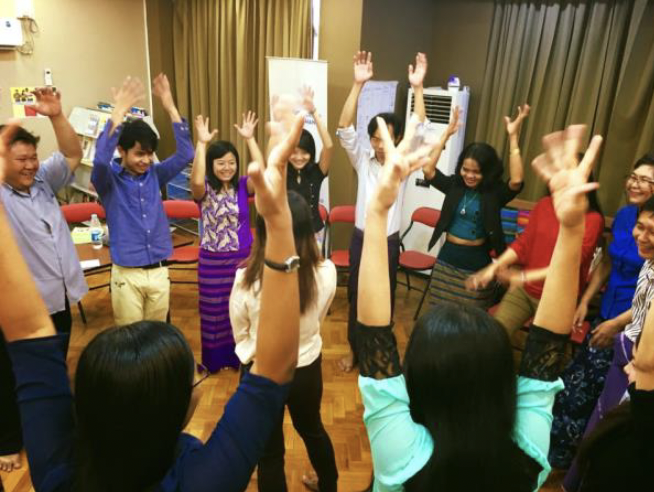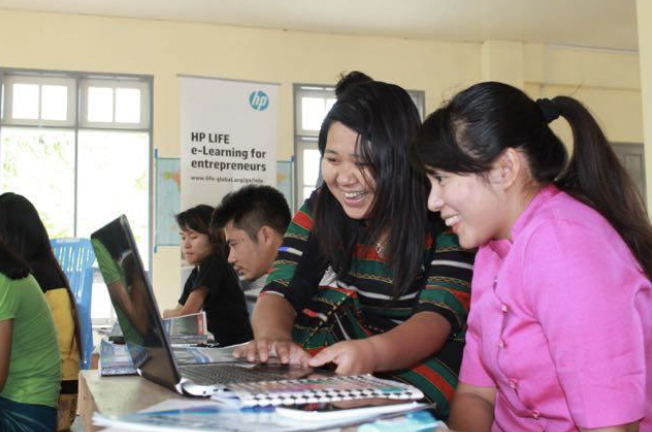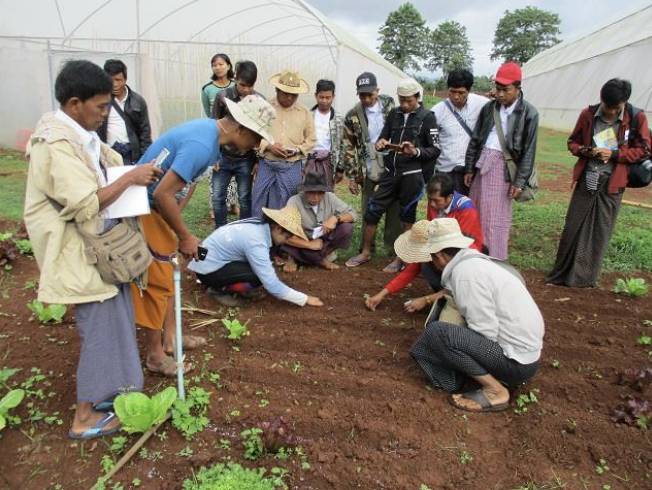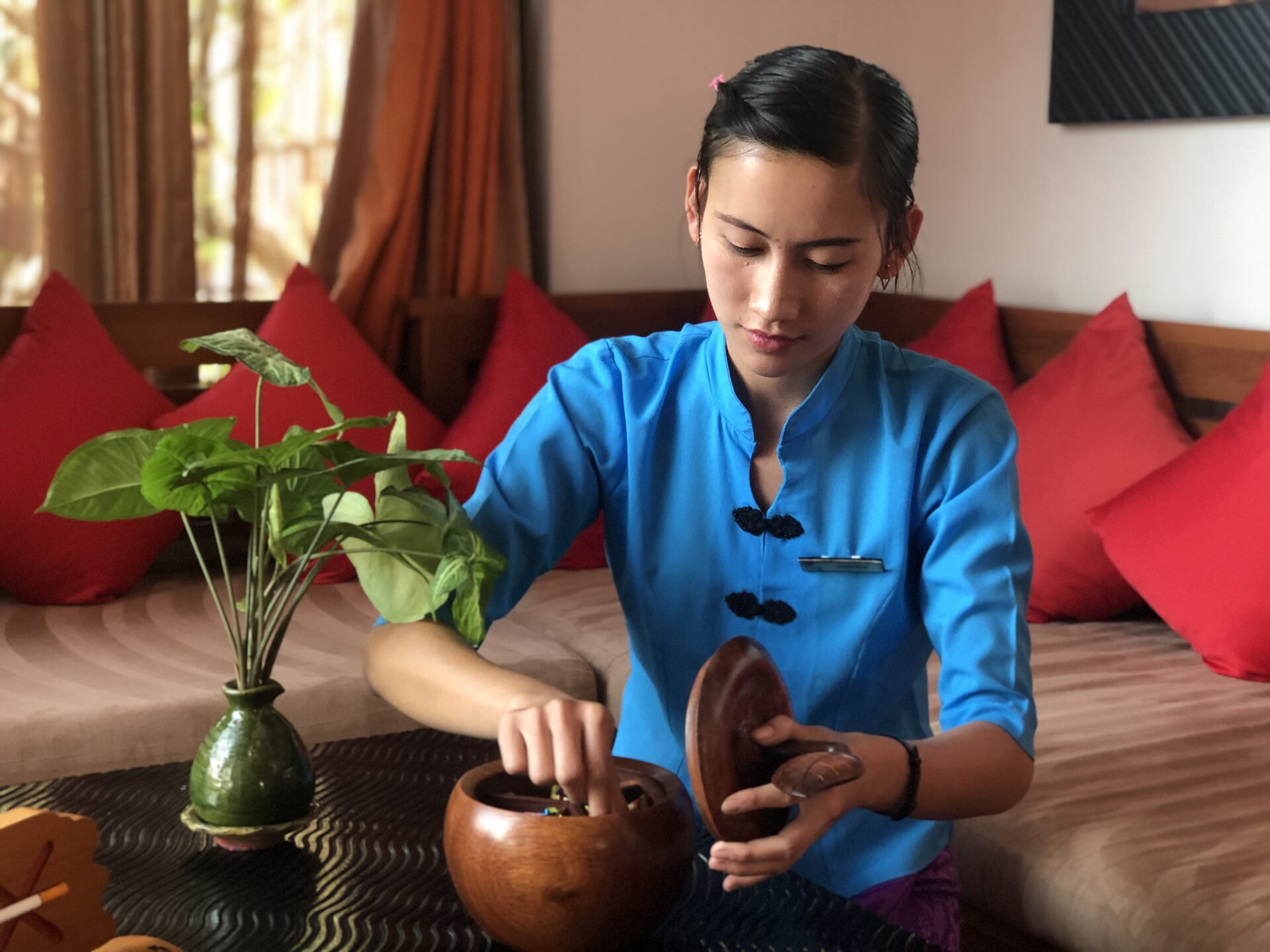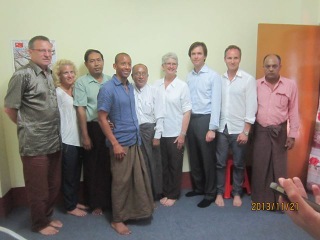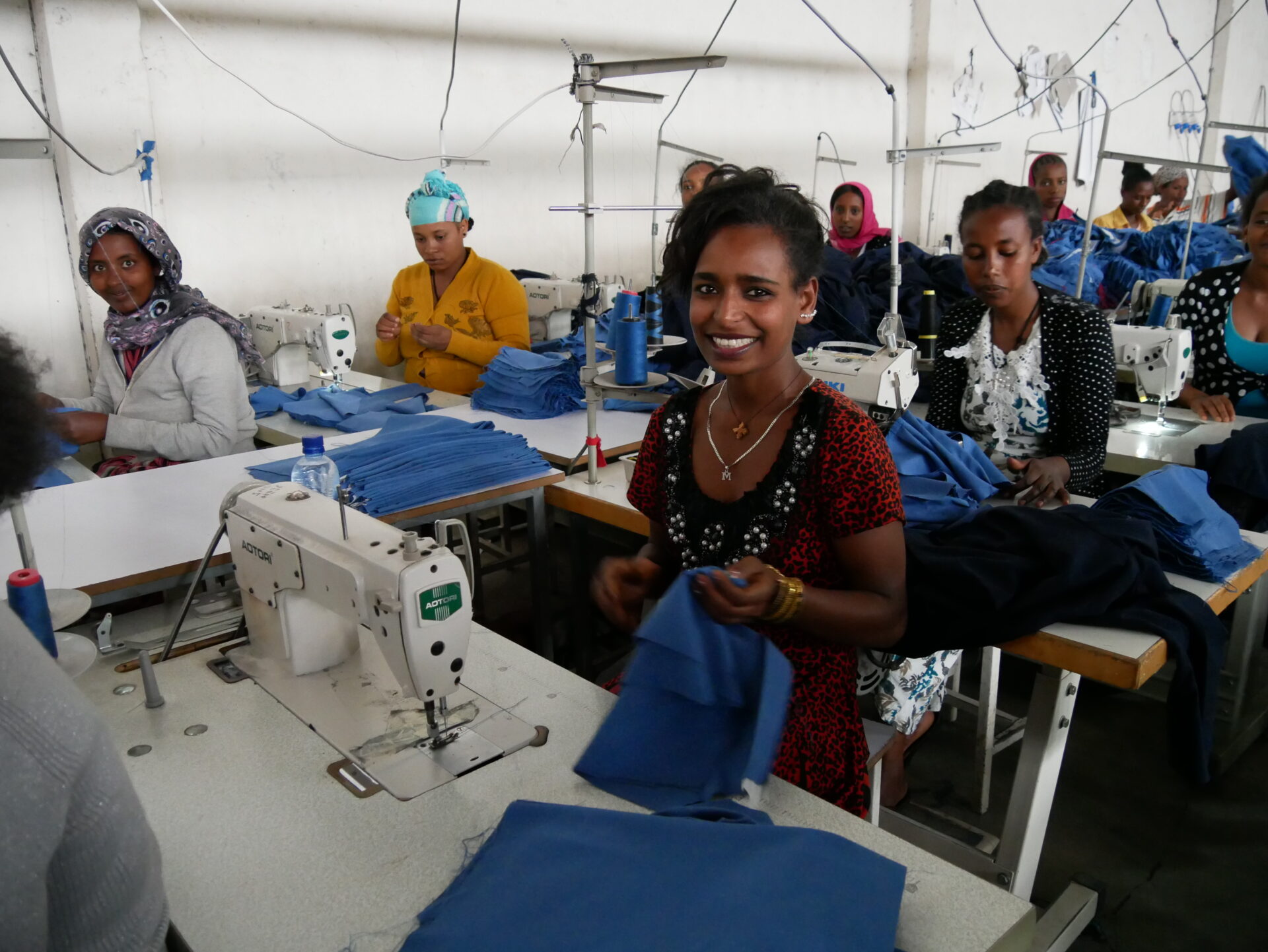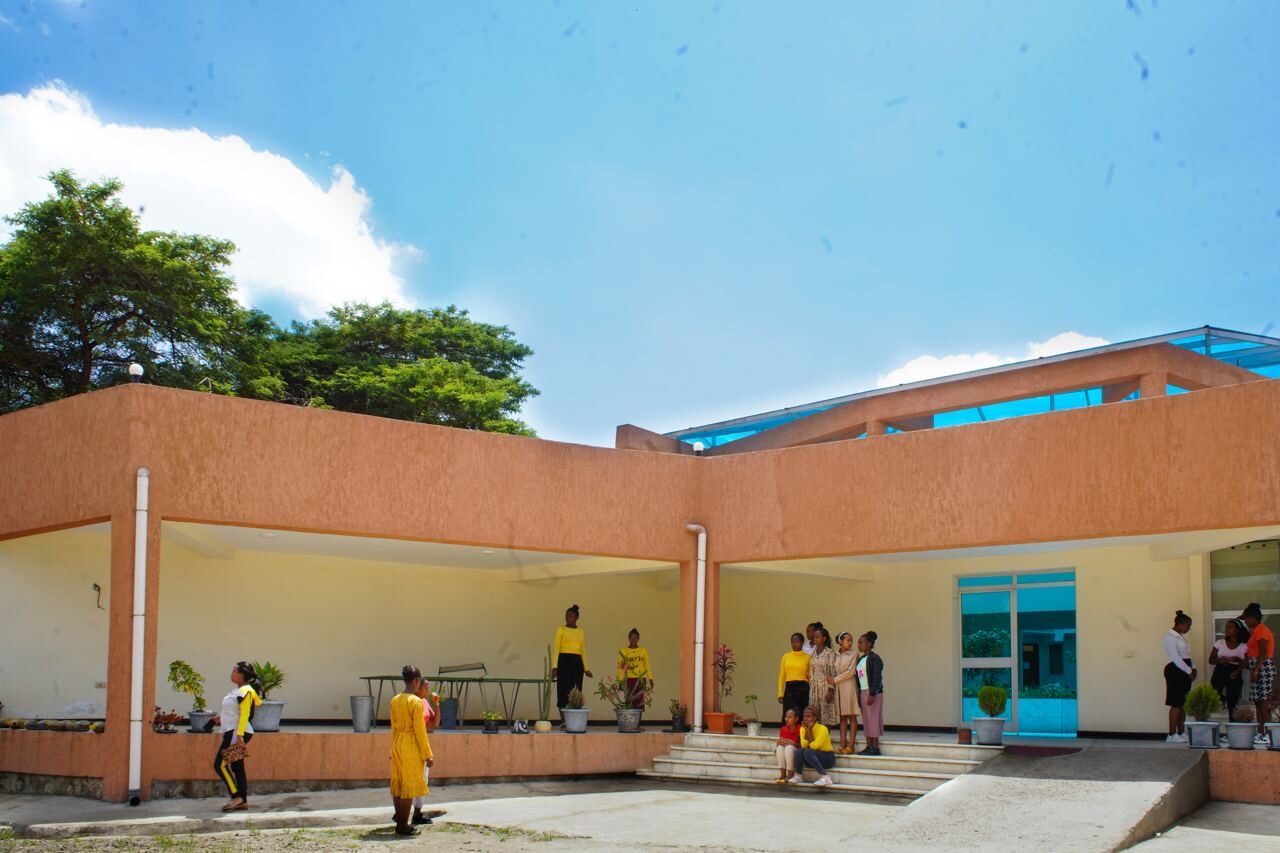Our organisation began as a desire to see more substantial collaboration and coordination in international development initiatives. By reducing silo-thinking and fostering stronger partnerships across civil society, government, and business, impact is enhanced while costs are reduced. To do so, Ingrid Stange began hosting annual conferences in Oslo, bringing a wide variety of speakers and participants from around the world (such as Acumen and Ashoka). These conferences were not only a meeting place but also served to introduce (what was then) new concepts, such as social entrepreneurship and angel investing – which bridges the gap between sectors.
2011 – Myanmar
In 2012, Aung San Suu Kyi visited Norway to receive her Nobel Prize and met Ingrid. Myanmar had just opened after five decades of dictatorship, which had left civil society non-existing and the business sector severely uncompetitive. Together, they decided to bring theory into practice and invest in implementing the partnership-based approach in Myanmar. And so, from 2012, we did.
2015 – Ethiopia
Supporting social enterprises quickly demonstrated that they wanted vocational training just as much as operational support and financing. Products and services had to be elevated to face growing international competition. While we developed our vocational skills programmes, we had the opportunity to work in another rapidly emerging economy – Ethiopia. Anne-Karin Nygård joined PfC in 2014 and took over as CEO after Ingrid in 2015.
2017 – Economic Independence for Women
With Anne-Karins life-long work and commitment to women’s empowerment, both in Norway and globally, she tilted our focus towards women, still maintaining our partnership approach. Investing in women yields higher economic and social returns. It closes gender gaps, boosts productivity, enhances innovation, and fosters a more inclusive and sustainable development. Our projects centred on promoting economic independence for women – still through education, work, and business.
PfCs mission is rooted in the belief that empowering women through work, skills, and support creates lasting change – for families, communities, and beyond.
Anne-Karin Nygård, CEO of PfC 2015-2021
2022 – ECCE
While doing so, we started noticing something interesting. We, and many others, offered excellent trainings, loans, and business support, but no one targeted the fact that women often drop out because they become mothers. And the fact that they often do not come back, even those with higher education. They never get to use those skills, to grow that business, because they became mothers in a country with little access to quality professional childcare. So, we had long discussions with our partners – Ethiopian government, entrepreneurs, civil society, and participants in our vocational trainings – and we came up with a comprehensive plan. 4 tools were needed.
Running Montessori Schools has been my passion for 35+ years, to give children equal opportunities to grow. It is well known that the stage is set during the first years of a child’s life
Ingrid Stange, Founder and Chair of PfC
Arni Hole was Chair of PfC from November 2022 to October 2024. Her vast experience – among others – as Director General in several national ministries in Norway was highly valuable in developing holistic programmes and supporting governments in building necessary legal infrastructure as well as educating professional staff and local leadership.
Establishing national coverage of early childhood care and education is a triple win for any nation: head start for the children, freeing women’s time to paid work, and generating professional jobs in the thousands
Arni Hole, PfC Chair (2022-2024)
Our previous projects
